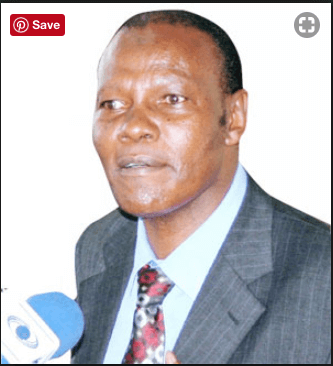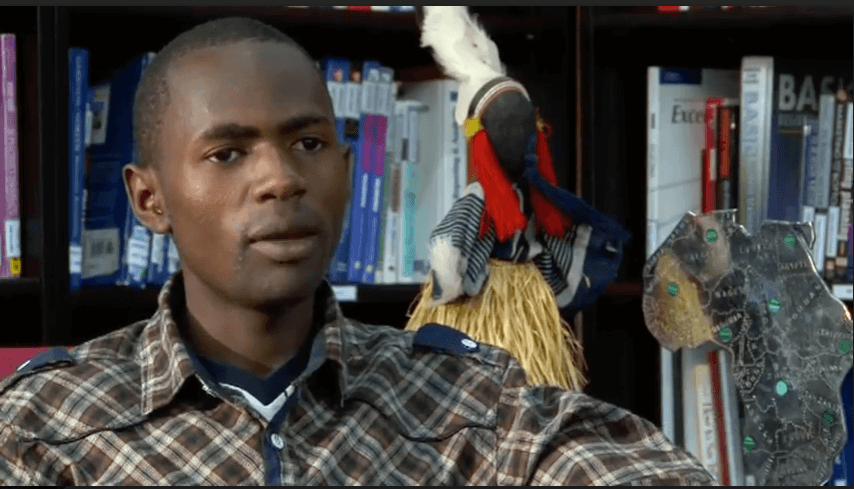Kenya’s governance crisis has been laid bare after the country ranked 98th out of 120 governments worldwide in the Global Governance Index 2025.
The report exposes Kenya’s failures in leadership, weak institutions, poor service delivery, and lack of accountability. Despite promises of reforms and economic revival, the numbers show a government unable to meet even the most basic expectations of its people.
Kenya continues to trail behind regional peers like Rwanda, Tanzania, and Mauritius, cementing its place among the world’s worst-governed nations.

Global Governance Index 2025 paints a bleak picture for Kenya
The Chandler Good Government Index 2025 ranked Kenya among the lowest-performing countries globally in terms of governance. The report, which evaluates 35 indicators grouped into seven pillars, revealed Kenya’s glaring weaknesses in leadership, foresight, and institutional strength.
Kenya performed dismally in the Leadership and Foresight pillar, ranking 111th. This exposes the government’s failure to plan long-term, adapt to challenges, and lead ethically. Instead of nurturing innovation, the country has been crippled by short-term politics, corruption, and reactive policymaking.
The Strong Institutions pillar placed Kenya at 102nd. Public institutions remain weak, riddled with bureaucracy, and plagued by inefficiency. Data capability is poor, coordination is lacking, and decision-making is more about political loyalty than professional competence. These shortcomings cripple service delivery and fuel public mistrust.
Kenya also fared poorly in the Marketplace pillar, ranking 101st. Investment remains unstable, property rights are weak, and regulatory unpredictability discourages growth. Coupled with rampant corruption, this has stifled job creation, weakened infrastructure development, and widened inequality.
Why Kenya continues to lag behind regional peers
Kenya’s decline is more painful when compared to its African neighbors. Rwanda (63rd) and Tanzania (78th) improved their global rankings, while Mauritius (51st) remains Africa’s best. Even countries once plagued by instability, such as Côte d’Ivoire (93rd) and Senegal (83rd), are ahead of Kenya.
The outcomes for citizens expose why Kenya is struggling. The country ranked 95th in delivering education, healthcare, safety, and environmental protection. Millions of Kenyans continue to grapple with poverty, unemployment, and high living costs, while essential services remain out of reach for many.
Legal and regulatory governance is another weak area, with Kenya ranked 96th. Courts are often slow, riddled with corruption, and lack the independence needed to enforce the rule of law. Instead of protecting rights and contracts, the legal system has become an avenue for the powerful to manipulate justice.
Even in financial stewardship, where Kenya scored its best rank of 85th, the numbers are misleading. While Kenya may appear to manage its debt and budgets relatively better, ballooning borrowing and persistent mismanagement of public funds raise questions about sustainability.
The cost of poor leadership and corruption
Kenya’s governance problems are not accidental—they are the result of decades of entrenched corruption, poor planning, and political greed. The Global Governance Index 2025 confirms what Kenyans already know: leadership has failed to rise above selfish politics to focus on citizens’ needs.
Instead of reforming public institutions, the government has weaponized them for political survival. Instead of creating a stable environment for business and investment, leaders chase short-term gains, leaving the economy at the mercy of debt and inflation.
Singapore, which topped the Global Governance Index 2025, has shown what effective leadership and long-term planning can achieve. Kenya, on the other hand, remains stuck in a cycle of political promises with little delivery.
Until Kenya confronts corruption head-on, strengthens its institutions, and invests in its people, the nation will continue to slide further down global governance rankings. Being ranked 98th is not just a statistic—it is a reflection of a government that is failing its people every single day.












































